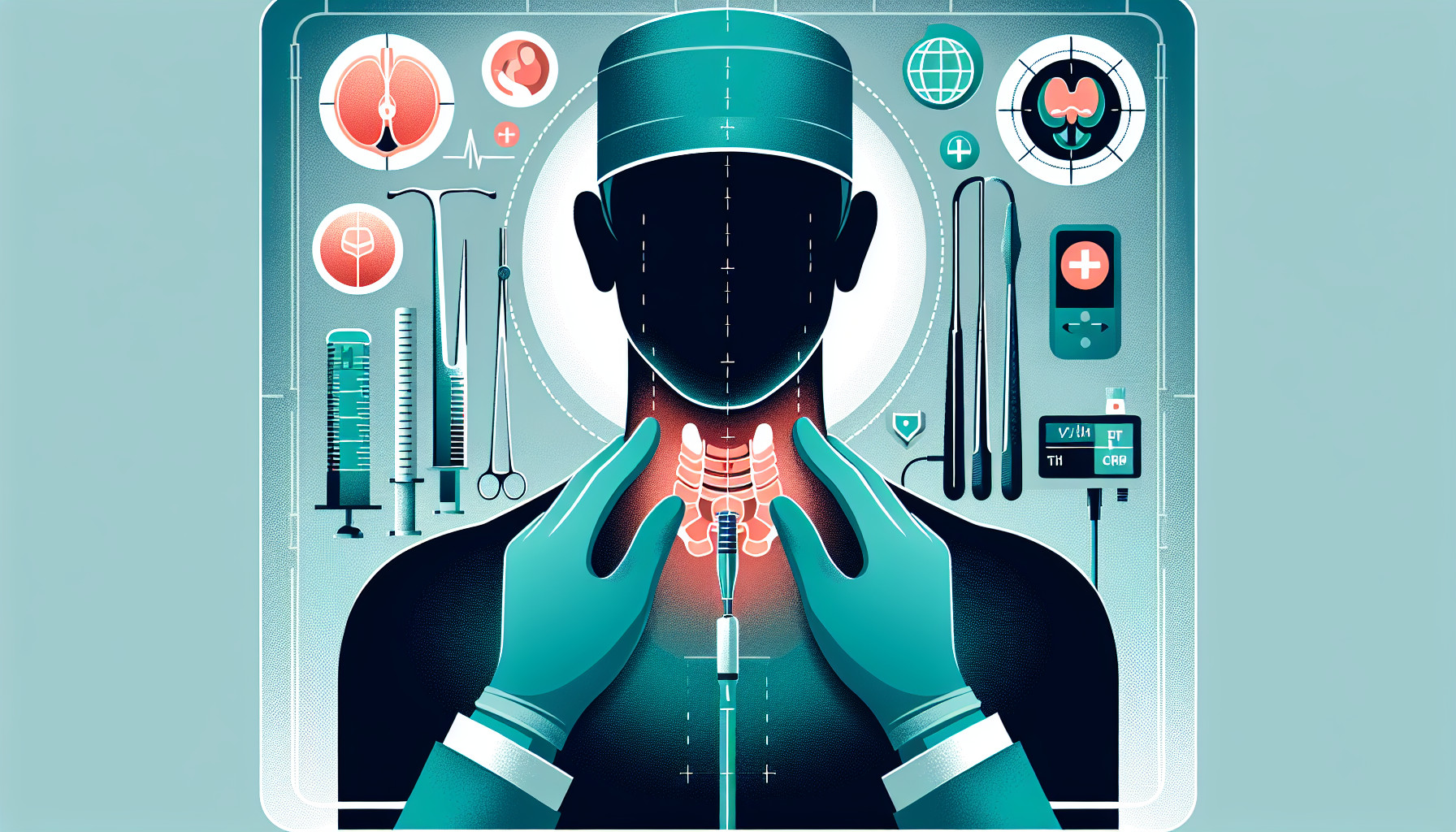Our Summary
This research paper is about kidney transplant patients and how they are affected by a condition called hyperparathyroidism, which is a disorder of the small glands located near the thyroid gland in the neck. This condition can cause problems for patients before they get a kidney transplant. The study wanted to compare the health outcomes of patients who had surgery to remove these glands (parathyroidectomy) before their kidney transplant to those who didn’t need this surgery.
For this purpose, researchers looked at patient data from the Taiwan National Health Insurance Research Database, covering patients who had kidney transplants between 2005 and 2015. They found two groups of patients: one group of 294 patients who had the gland-removal surgery (parathyroidectomy), and another group of 588 patients who didn’t need this surgery. The two groups were matched up based on factors like age, sex, how long they had been on dialysis, and other health characteristics.
The researchers followed these patients for an average of 6 years, and looked at outcomes like transplant failure, death, and major heart-related events. They found that the group who had the gland-removal surgery had a higher risk of transplant failure. Even after adjusting for other factors, this increased risk remained. They also used machine learning methods to further analyze the data, which showed that having the gland-removal surgery was an important factor in predicting transplant failure.
In conclusion, the study suggests that having severe hyperparathyroidism that requires surgery before a kidney transplant might lead to worse transplant outcomes compared to patients who do not require this surgery.
FAQs
- What is the impact of parathyroidectomy on kidney transplant outcomes?
- How does severe hyperparathyroidism affect kidney transplantation?
- What role does parathyroidectomy play in predicting graft failure after kidney transplantation?
Doctor’s Tip
A helpful tip a doctor might tell a patient about parathyroidectomy is to follow post-operative care instructions carefully, including taking prescribed medications, attending follow-up appointments, and monitoring calcium levels to ensure a successful recovery and optimal outcomes after kidney transplantation.
Suitable For
Patients with severe hyperparathyroidism who are candidates for renal transplantation are typically recommended parathyroidectomy before the transplantation procedure. This study suggests that patients who undergo parathyroidectomy before kidney transplantation may have a higher risk of graft failure compared to those who do not require this procedure. Therefore, parathyroidectomy may be recommended for patients with severe hyperparathyroidism to improve post-transplant outcomes.
Timeline
Timeline of patient experiences before and after parathyroidectomy:
Before parathyroidectomy:
- Patient experiences symptoms of hyperparathyroidism such as fatigue, weakness, bone pain, and kidney stones.
- Patient undergoes diagnostic tests such as blood tests and imaging studies to confirm the diagnosis of hyperparathyroidism.
- Endocrinologist or surgeon recommends parathyroidectomy as the treatment of choice for severe hyperparathyroidism.
- Patient undergoes preoperative evaluation and preparation for surgery, which may include medication adjustments and consultation with an anesthesiologist.
After parathyroidectomy:
- Patient undergoes parathyroidectomy surgery to remove the overactive parathyroid gland(s).
- Patient is monitored closely in the hospital for any potential complications such as hypocalcemia or vocal cord paralysis.
- Patient may experience temporary symptoms such as hoarseness, difficulty swallowing, or low calcium levels postoperatively.
- Patient is discharged from the hospital and instructed on postoperative care, including medication management and follow-up appointments.
- Patient experiences improvement in symptoms of hyperparathyroidism and a gradual normalization of calcium levels.
- Patient undergoes regular follow-up visits with the endocrinologist or surgeon to monitor calcium levels and overall health post-parathyroidectomy.
What to Ask Your Doctor
Some questions a patient should ask their doctor about parathyroidectomy include:
- Why do I need a parathyroidectomy before kidney transplantation?
- What are the potential risks and complications associated with the parathyroidectomy procedure?
- How will the parathyroidectomy affect my kidney transplant surgery and recovery?
- What is the success rate of parathyroidectomy in improving my condition?
- Will I need to take any medications or follow a specific diet after the parathyroidectomy?
- How long will it take for me to recover from the parathyroidectomy surgery?
- What are the potential long-term effects of having a parathyroidectomy?
- Are there any alternative treatments or options to consider before proceeding with the parathyroidectomy?
- How often will I need follow-up appointments after the parathyroidectomy and kidney transplantation?
- What are the expected outcomes and prognosis for my kidney transplant after undergoing a parathyroidectomy?
Reference
Authors: Tsai MH, Chen M, Liou HH, Lee TS, Huang YC, Liu PY, Fang YW. Journal: Med Sci Monit. 2023 Aug 1;29:e940959. doi: 10.12659/MSM.940959. PMID: 37525452
